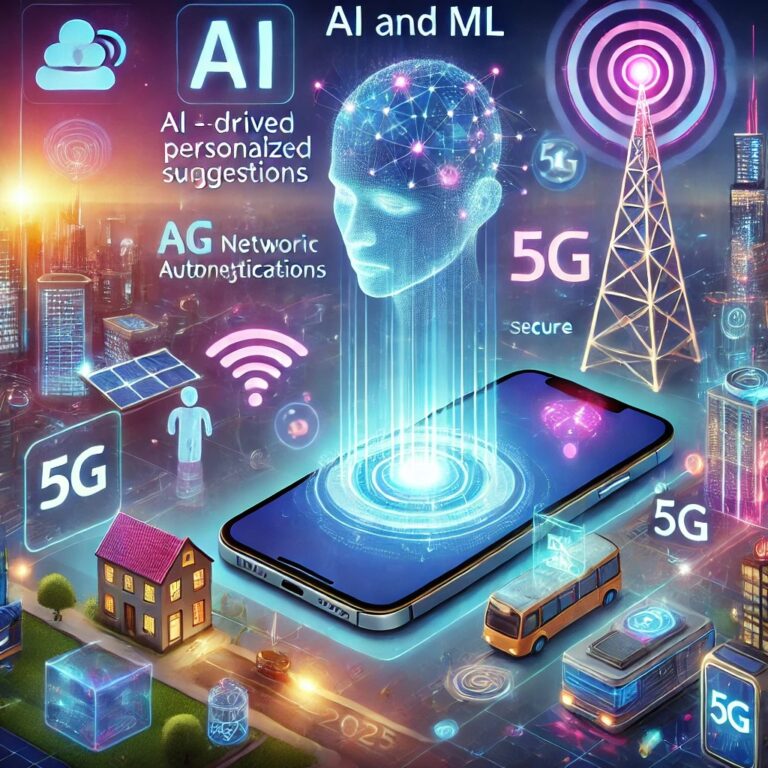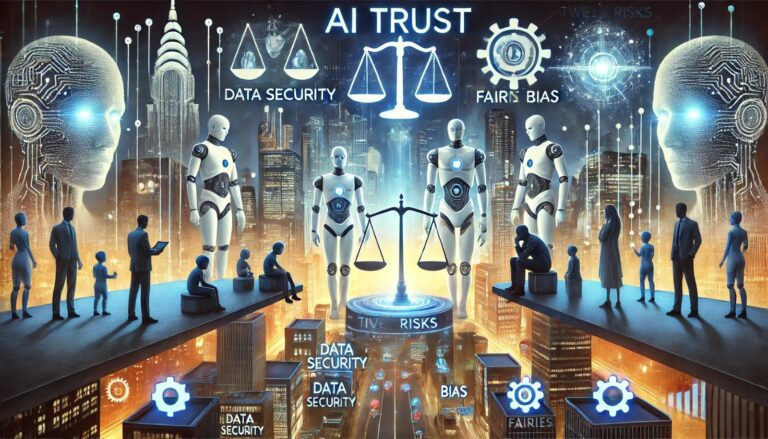
As 2024 nears its conclusion, the domain of Natural Language Processing (NLP) is witnessing unprecedented advancements and rising interest. This surge is matched by growing investments from businesses eager to leverage its transformative potential. Research indicates that 77% of organizations currently utilizing NLP intend to boost their spending, reflecting a clear acknowledgment of its game-changing capabilities.
The Expanding Role in Business
No longer limited to academic circles, NLP has firmly established itself as a cornerstone of modern business operations. Its ability to interpret and process human language has made it invaluable for optimizing customer interactions, automating routine processes, and deriving insights from unstructured data. Industries ranging from healthcare and finance to retail and education are integrating NLP into their workflows.
For example, companies are deploying AI-driven chatbots and virtual assistants to streamline customer service. These tools not only enhance user satisfaction but also cut costs by reducing reliance on human agents. In healthcare, NLP-powered solutions are analyzing medical records and research to aid in diagnostics and treatment plans, demonstrating the profound impact of language technologies.
Transformative Developments in NLP
Recent breakthroughs are redefining the boundaries of NLP. Notable innovations include:
1. Transformers and Advanced Language Models: Transformer architectures like GPT-4 and BERT have reshaped NLP by improving context understanding. These models excel at tasks such as translation, summarization, and text generation.
2. Few-Shot and Zero-Shot Capabilities: Modern NLP systems can now perform tasks with minimal data, facilitating deployment in areas where large datasets are scarce.
3. Multimodal AI Integration: Combining NLP with other AI domains, such as computer vision, has enabled the development of multimodal models that can analyze and create content blending text, images, and videos.
4. Addressing Ethical Concerns: Advances in bias detection and mitigation are fostering more equitable and reliable NLP systems, ensuring fair outcomes across diverse applications.
Strategic Adoption for Business Success
Organizations aiming to harness NLP’s full potential must adopt a thoughtful strategy. Here’s how they can succeed:
1. Identify High-Value Applications: Prioritize use cases where NLP can deliver substantial returns. Examples include customer sentiment analysis, fraud prevention, and personalized recommendations.
2. Leverage Scalable Technology: Given the computational demands of NLP models, cloud-based infrastructure and AI-as-a-Service platforms provide flexible and scalable solutions.
3. Ensure Quality Data: Accurate and relevant data is vital for NLP performance. Businesses should establish robust pipelines for data collection and preprocessing.
4. Collaborate with Experts: Working with experienced AI professionals can streamline the design and implementation of NLP solutions tailored to organizational needs.
Emerging Trends in NLP
Looking ahead, NLP’s evolution promises to unlock new frontiers. Key trends include:
– Instantaneous Translation: Real-time language translation tools will bridge communication gaps, fostering global collaboration.
– Emotionally Intelligent AI: NLP systems capable of interpreting and responding to human emotions will redefine user engagement and customer experience.
– Voice-Centric Interfaces: Enhanced speech recognition will make voice-activated systems more intuitive and widely adopted.
– Focus on Low-Resource Languages: Efforts to create NLP tools for underrepresented languages will promote greater inclusivity and accessibility.
– AI in Creative Processes: By integrating NLP with creative workflows, users can generate compelling content across multiple formats and mediums.
Conclusion
The relentless pace of NLP innovation offers businesses unparalleled opportunities to stay ahead in a competitive landscape. By understanding and adopting these advancements, organizations can achieve new levels of operational efficiency, customer satisfaction, and data-driven insights. With continued investment and research, NLP is poised to revolutionize human-machine interaction and drive the next wave of digital transformation.
Read More:












[…] Unveiling the Latest Innovations in NLP […]